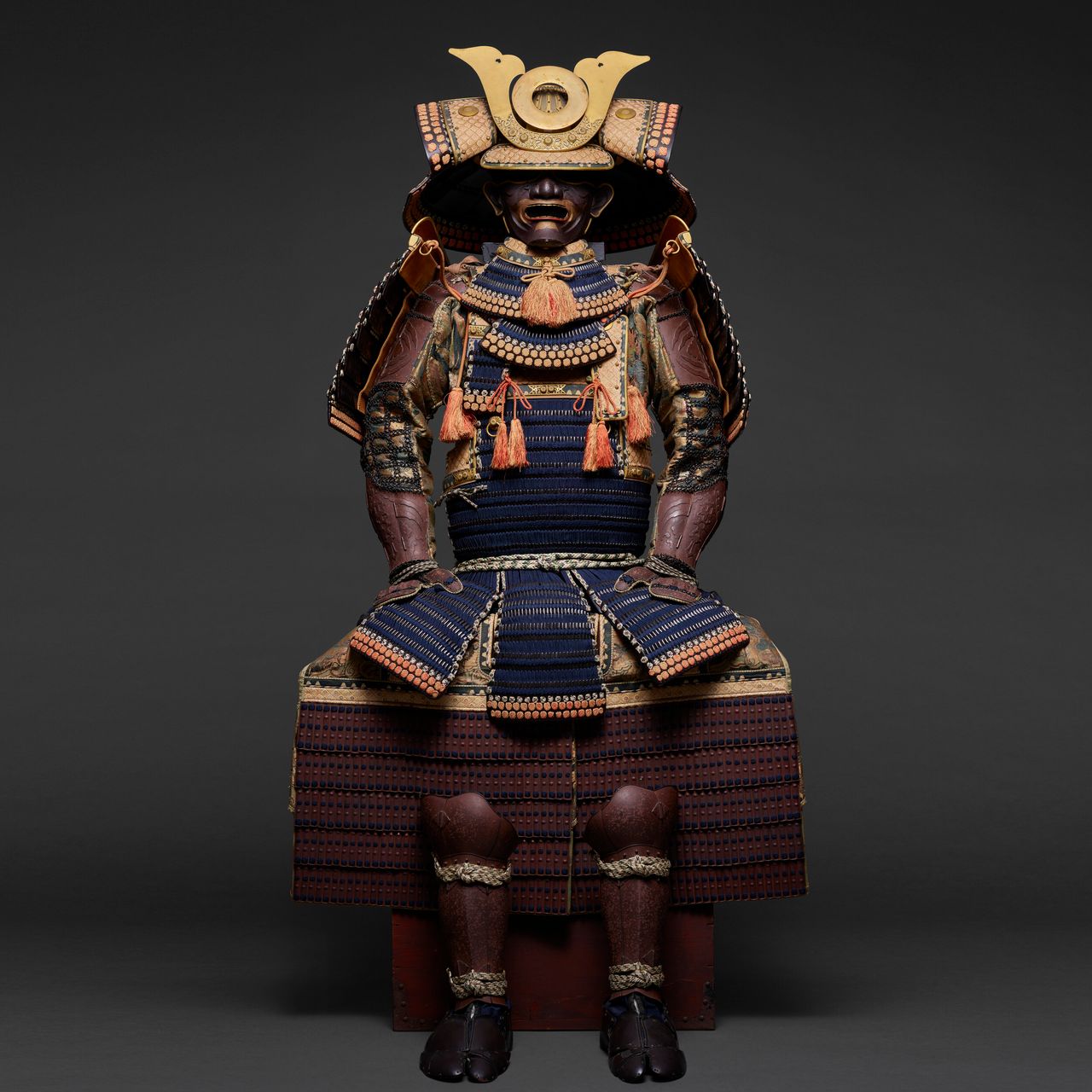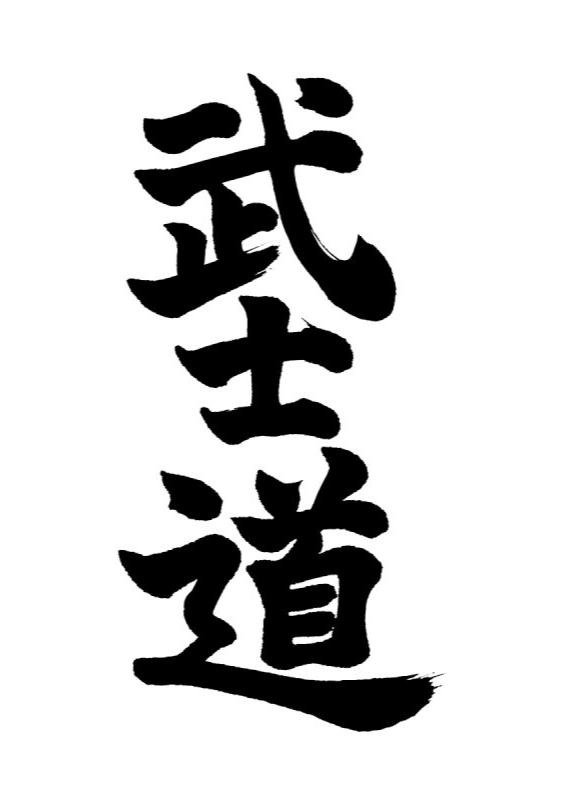SupremePunk #015

Virtues of bushido lost freedom
Respect
This Punk is inspired by CryptoPunk #6454 and artworks of Chashnik. This punk reflects the essence of the samurai. If you look closely, you can see that it has no face itself, but only a set of elements necessary to carry out the orders of the master, which make it alive only in appearance. The samurai obeyed their master's orders without question and this blind loyalty made them both victims of history and heroes. Much of the blame lies with the masters of the samurai, as they were responsible for brainwashing the samurai and abusing the power of the bushido - a moral code concerning samurai attitudes, behavior and lifestyle.
Honesty

Samurai armour
Courage
SupremePunk #015 is not a living creature in the usual sense of the word - he is a spirit. This Punk will do whatever his master commands, and his life is subject to the principle of 'serving to live'. This is not merely an aim in itself - in this way the samurai is loyal to his master. The Punk's face is so full of an inexpressible sense of loyalty that even if he were to die, it would not affect his appearance. However, for a samurai's face to look dignified, it was necessary to train in such a way that there was no shadow of feeling in it, which is what is observed in this punk. All this was necessary to carry out the orders of the master. Indeed, this was believed to be the meaning of a samurai's life - to serve his master and save his soul. This Punk would serve his master forever.
Dignity
If a vassal received an order from his master to fight to the end, he would do so without hesitation or, if allowed, he could follow the ancient custom of those warlike tribes whose members never surrendered of their own free will. Since time immemorial, Japanese warriors have always preferred death to captivity. They were therefore prepared to meet their fate with dignity and even special pleasure in the event of defeat. All Japanese military ethics were inherited from the personal relationship between a lord and his vassal, where the latter regarded any attack on the lord as a personal affront and sought to punish the offender at all costs. All clan cultures contained the concept of blood feuds, official vendettas, which in the Toku-gawa military culture became a ritual with carefully organized rules and procedures. A warrior whose master was the victim of any insult took it upon himself to avenge his master's violated honor, even if it took many years to do so. Such a pledge took on particular force when the master was murdered or forced to commit suicide. The ancient Confucian rule that a man may not live under the same sky as his father's murderer was interpreted by Japanese law and custom in favor of the clan leader, who was considered a father to all its members
Honor

Bushido - the way of the warrior - hieroglyph
Integrity
As a member of the bushi the vassal had to be prepared to serve his master mainly as a warrior, which required him to be completely free of fear and doubt about the use of weapons. Therefore, the entire warrior philosophy was built on the concept of total disregard for one's own safety and even life, which the warrior, incidentally, placed at his master's disposal by oath. Lacking the right to a private life, the samurai were deprived of the opportunity to learn and develop as individuals. They had to make do with rumours of how free people lived in other countries, and sometimes took them with them on their travels.
Duty and loyalty
Bushido enjoined the samurai to act on orders without thinking or hesitating. To help the warrior overcome any mental disturbance caused by a natural fear of death, he was taught to think of himself as a person whose life did not belong to him himself-a favorite theme in Japanese classical literature, where the samurai is often depicted as a tragic figure caught in the net of the death cult, to which he remains blindly devoted regardless of the possible consequences. Bushido was essentially a code of death: a warrior must always be prepared for a sudden and tragic end - his entire life and service were a constant reminder of this.

Buy

Gallery:
CryptoPunk #6454 that has been taken as a base

Your transaction is in progress

You have connected to the wrong network

Transaction is successful!


